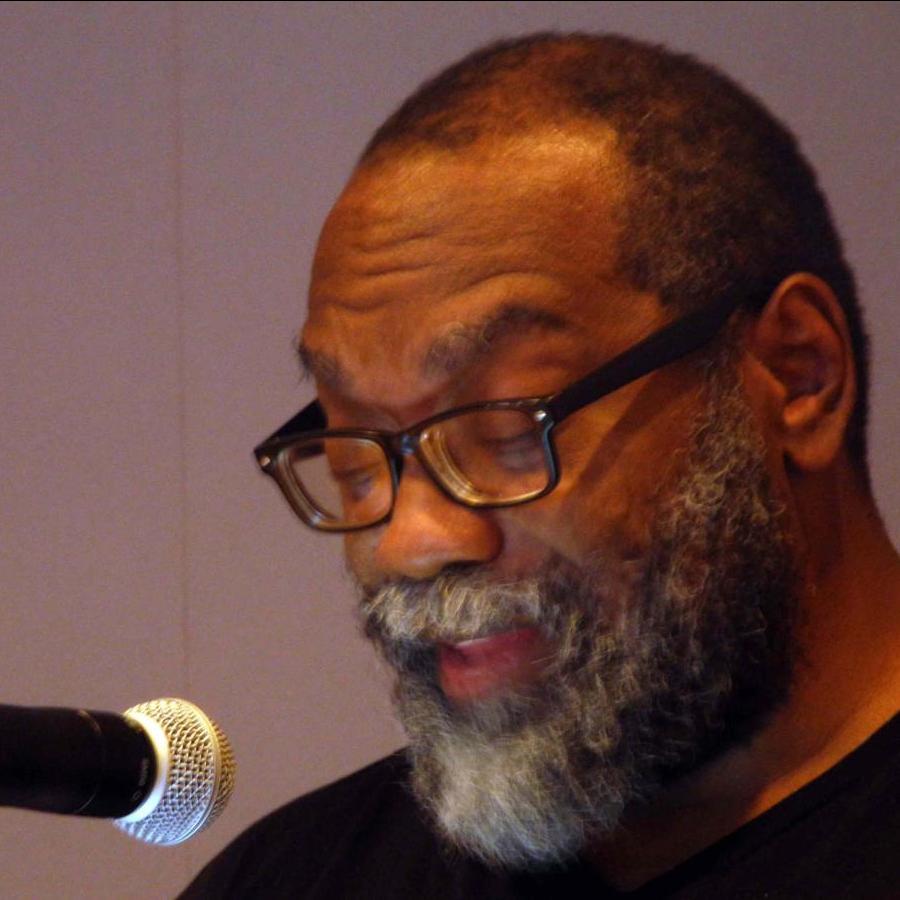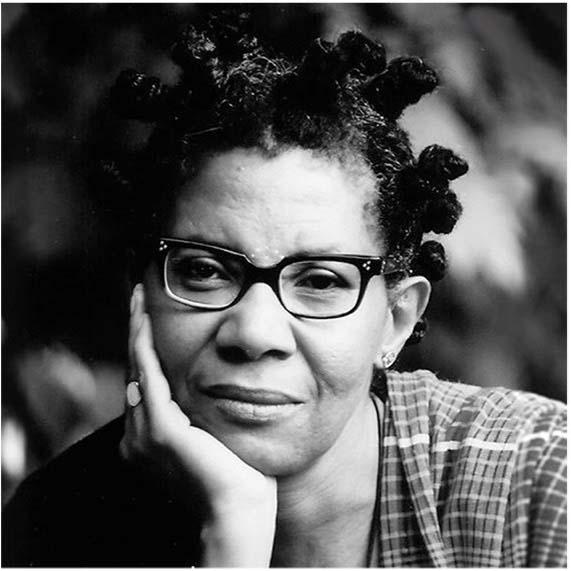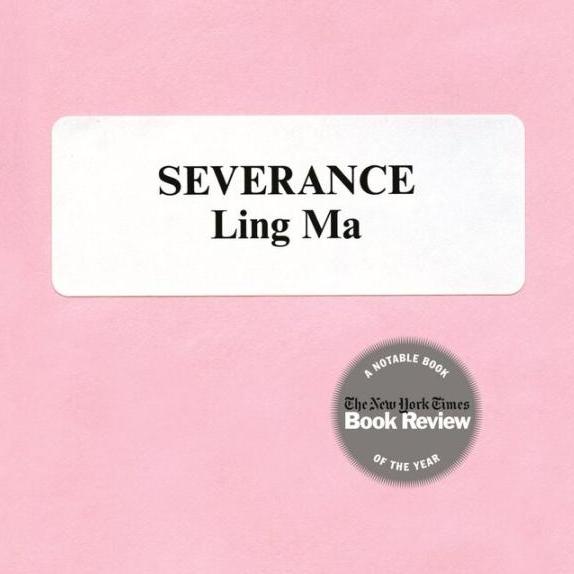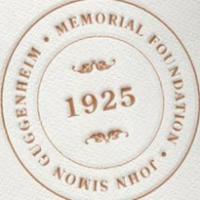
Support the Department of Literatures in English on Giving Day March 16
There are many ways in which your gift contributes to the continued success of the English Department. Gifts from Giving Day 2021 were instrumental in furthering faculty development, creating a research travel grant for MFA students, providing emergency funds for PhD students, and in supporting novel teaching ideas for undergraduate students.



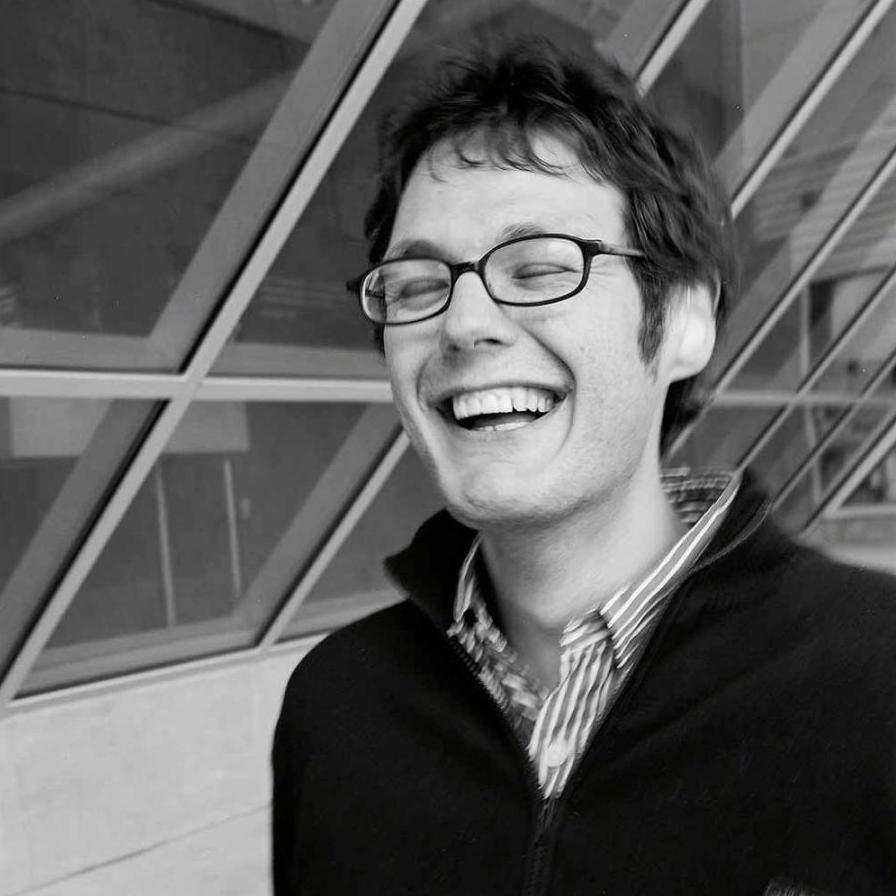

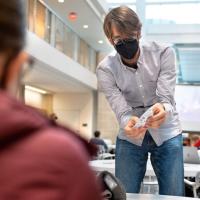
.jpg)
